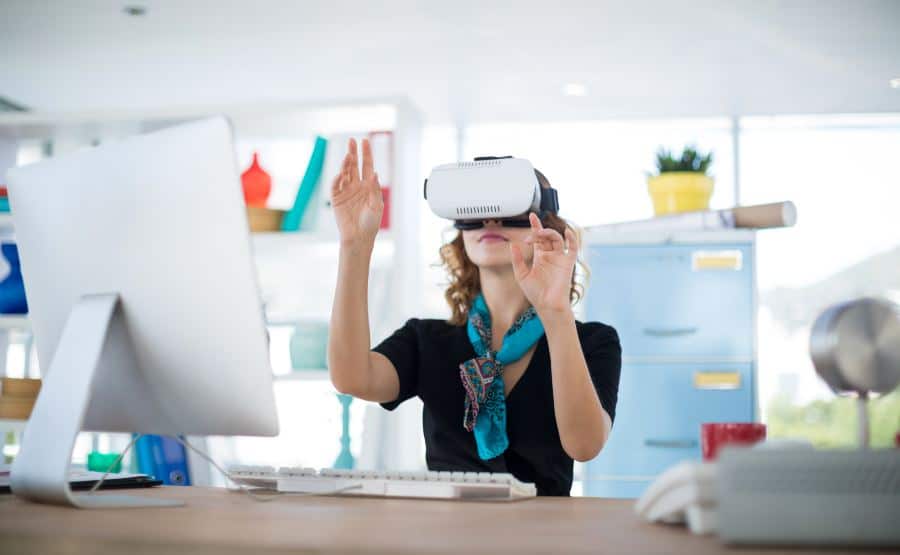Augmented reality ads ensure fresh and interactive approaches for reaching a wide audience. That is why we are seeing increased uptake of AR in advertising. Besides, the AR market is projected to grow significantly. With improved AR campaigns, brands generate higher engagement rates, and ensure improved ad tracking. Augmented reality ads go hand in hand with print ads, enabling brands to track conversion rates, and even come up with better strategies for delivering the advertisements.
In this post, we look at why top brands are using augmented reality Ads. Therefore, if you are wondering why it is important for you to switch to augmented reality when it comes to advertising, keep reading to discover the top reasons to go for augmented reality ads.
Enable Brands to Track Ad Engagements

One of the biggest challenges associated with the traditional print advertising, use of billboards and subway advertising is the difficulty when it comes to tracking the ads engagement. Ideally, brands cannot track the number of impressions perfectly. However, using augmented reality ads, the brands are able to ensure they are tracking the ad engagement. This is considering that customers interact with the ads, and are redirected to the apps or websites. Eventually, a brand can track how many app downloads or web visitors interacted with the ad. Such brands that are using augmented reality ads can improve their future campaigns, and make sure they are generating a high conversion rate.
Increased Ad Recall Rate
AR reality ads create the wow effect, resulting to a lasting impression. Therefore, brands enjoy increased conversion rates, as more people purchase the products whenever they come across a brand they saw through the AR enables print marketing. Increased ad engagement means more people will recall your brand whenever they walk into a shopping mall. In that regard, brands enjoy a greater conversion rate, and increased profits.
Increased Ad Engagements
We have seen that augmented reality ads generate a higher Ad engagement. This is because of the wow effect, and people are tempted to share what they come across with those in their social networks. Therefore, if you are looking for a better and an effective way of reaching the target audience, and increasing Ad engagement rate, it is time you switch to AR Ads.







